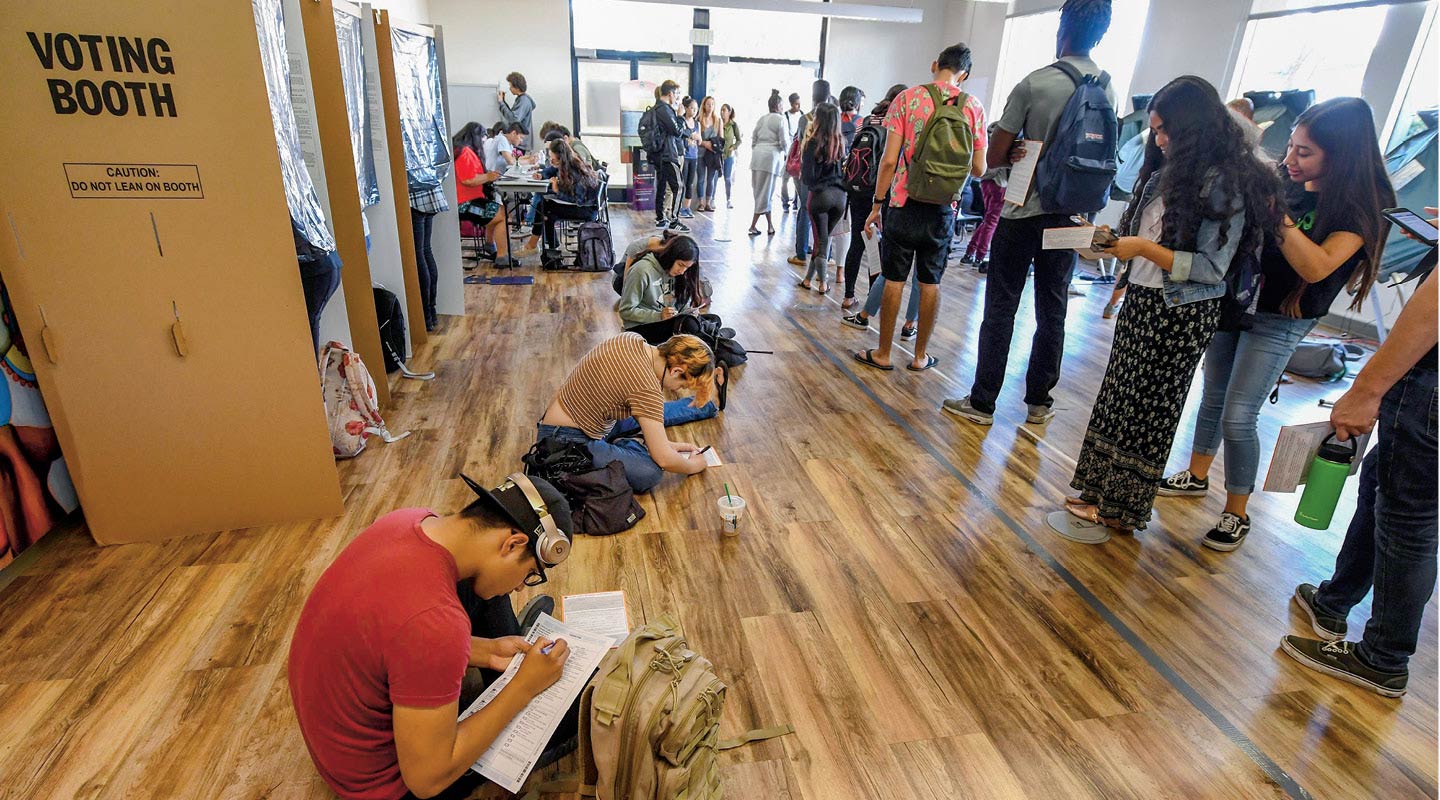Voting is the foundation of American democracy, and registering to vote is one of the first steps toward participating. Registering to vote shouldn’t be a stumbling block to electing representatives or supporting policies that we believe in. That’s why we should make voter registration automatic.
With the technology that we use in our everyday lives, we can make registering to vote as simple and efficient as liking a friend’s post online.
The process is called automatic voter registration. It allows you to register when you first get, or when you renew, your driver’s license. The Department of Motor Vehicles (DMV) will inform you that your information will be used to register you to vote unless you say you don’t want to. No one has to get registered to vote. In some states, you can even preregister to vote at the DMV when you’re 16 or 17, and then automatically become registered when you turn 18.
In 2016, Oregon became the first state in the nation to implement automatic voter registration. More than 390,000 new voters registered as a result. And in 2018, 62 percent of eligible voters cast ballots, up from 53 percent in 2014, the previous midterm election.

